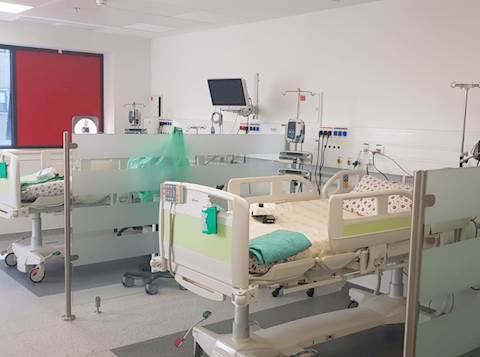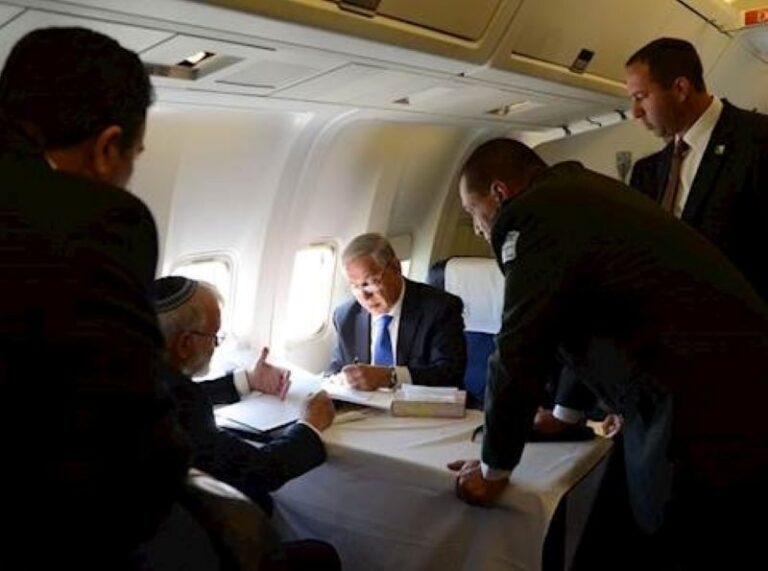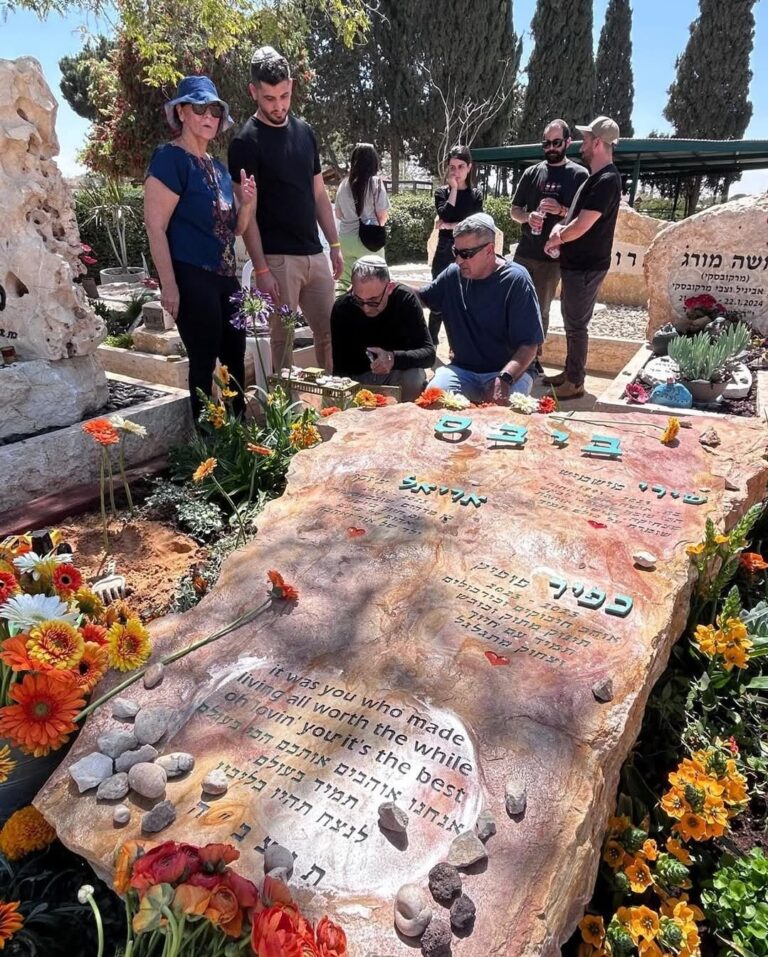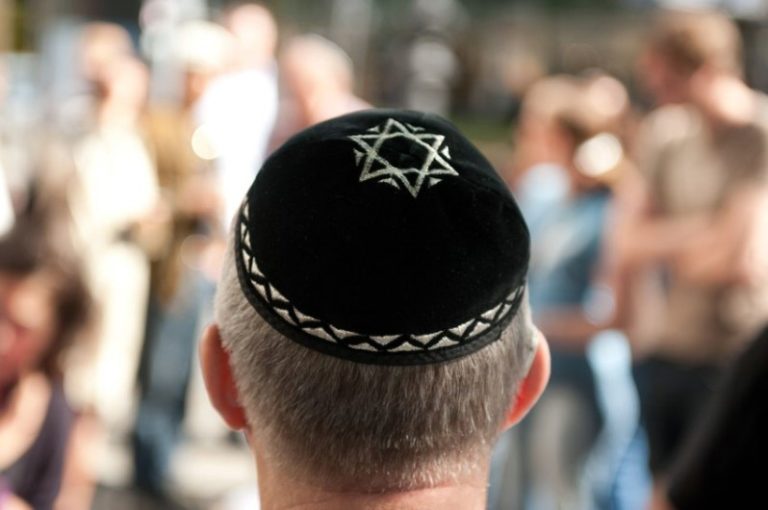Following Interior Minister Aryeh Deri’s appointment as the “project manager” for the Israeli government’s battle to combat the spread of the coronavirus in the Chareidi community, a meeting was held on Monday, attended by Prime Minister Binyamin Netanyahu, Deri, Health Minister Yaakov Litzman, Defense Minister Naftali Bennett, Finance Minister Moshe Kahlon and other senior officials.
A decision was made at the meeting that the Interior Ministry, in coordination with the Home Front Command, will transfer coronavirus patients and those who must self-quarantine from the Chareidi community to “motels” designated for that purpose.
The rationale for this step is the necessity to prevent the continued spread of the virus in communities with large families living in small apartments in crowded neighborhoods, with some families with very limited financial means.
“We’re already hard at work,” Deri said. “We’re working in coordination with the Health Ministry with the goal of removing the patients and those who need to self-quarantine to motels.”
“In the Chareidi and Arab sectors, there are families with many children and many financially disadvantaged families,” Deri said. “Therefore we’re working hard in order to isolate the patients and prevent the spread [of the virus]. That’s the mission and we’re working with all our koach to carry it out.”
On Sunday, hotels and buildings in Jerusalem and Bnei Brak were rented in order to use for this purpose. In Bnei Brak, the girls’ high school Ohr HaChaim will be used for those who require self-quarantine and in Jerusalem, the Prime Palace hotel is already being used for Chareidim who require self-quarantine.
According to a Kikar H’Shabbos report on Monday, at least 1,000 Chareidi Israelis have been diagnosed with the coronavirus. In Schneider Hospital in central Israel, 50% of the patients hospitalized due to the coronavirus are Chareidi, in Sheba Hospital, also in central Israel, 60% of the patients in the ICU are Chareidi and 50% of the patients in the “regular” coronavirus wards are Chareidi. In Sha’arei Tzedek in Jerusalem, between 50-60% of the coronavirus patients are Chareidi and in Hadassah in Jerusalem, around 40% of the coronavirus patients are Chareidi.
(YWN Israel Desk – Jerusalem)











